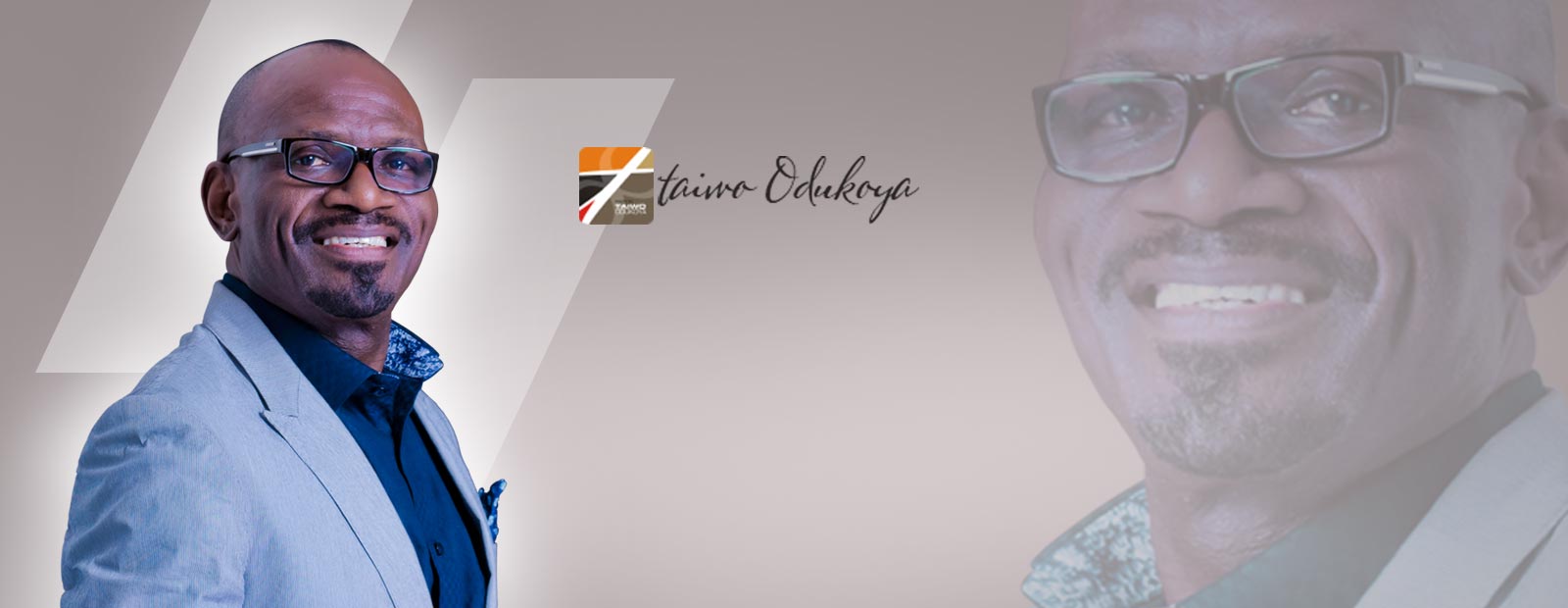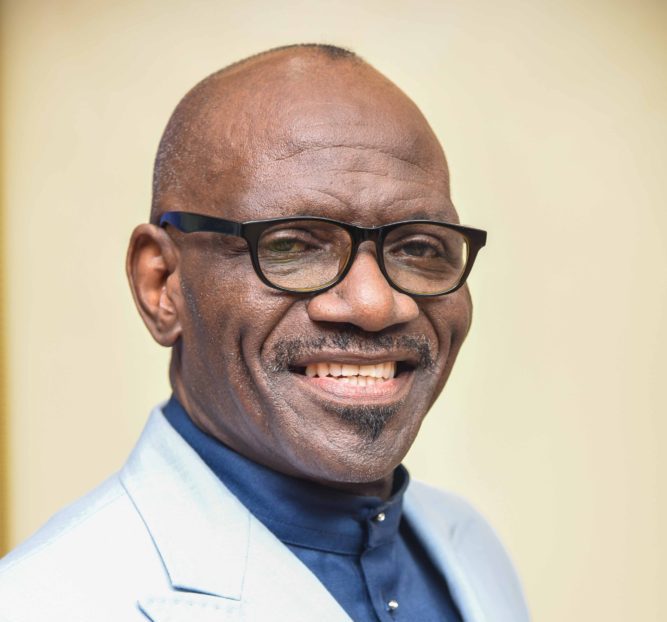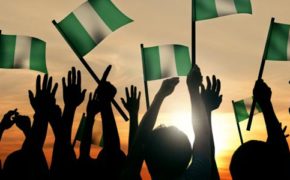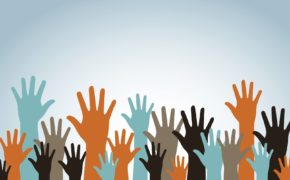The Promise of Independence
I will make you a great nation, and I will bless you, and make your name great; and so you shall be a blessing – Genesis 12:2
There are many ways in which Nigeria is a miracle.
With the unique distinction of being the most populous black nation on earth, she is a confederation of cultures and languages, religions and dreams; a country that has survived colonialism and a civil war, draconian dictatorships and doomsday predictions and one, which in spite of her deep-seated challenges, has contributed so much to the African continent and to the world. She is a country still full of promise 60 years since she wrested herself from colonial rule.
The truth is, nations are products of promises, conceived by the collective desire to build systems and structures that guarantee the fulfilment of individual potential. Former US president Barack Obama captured it quite well when speaking of the promise of the American nation. “Tonight, we gather to affirm the greatness of our nation – not because of the height of our skyscrapers, or the power of our military, or the size of our economy. Our pride is based on a very simple premise, summed up in a declaration made over two hundred years ago,” he said.
The promise of Nigeria, in many ways, is what has kept us together and driven us forward against all odds. Fraught with difficulties as our journey has been, we are grateful to God that we are still here, still with hope, working to build the country of our dreams. Congratulations, Nigeria! Happy Independence Day! But as we celebrate, we must also reflect.
The psalmist reminds us to “number our days that we may apply our hearts to wisdom” (Psalm 90:12). Moments like this afford us a chance for introspection, to celebrate and strengthen what is good, and also to face up to our mistakes, learn from them and course correct. Many may argue, with good reason, that Nigeria has hardly lived up to its potential. Like the biblical children of Israel, we have circled the same mountains for too long.
A recent survey by the United States Institute for Peace on how the state of insecurity in the country is affecting the government’s coronavirus response shows that roughly six in 10 respondents across several states have experienced insecurity or violence in the last 12 months. Sixty years after independence, it is most unfortunate that Nigerians still do not feel safe within their own borders.
In 1987, violence erupted in the College of Education, Kafanchan in Kaduna State, where Christians were attacked by Muslims over an alleged misrepresentation and interpretation of the Quran. Hundreds of people were killed. In 2020, in the southern part of Kaduna, violent attacks and conflict have again left scores dead and many families bereaved, a perennial cycle of violence that has claimed thousands of lives since 1980. Boko Haram, armed bandits, kidnappers and suspected Fulani herdsmen continue to be on the rampage, wreaking havoc, across the northern part of the country, with incursions in the southern part. The question is: What have we done to genuinely stem this ugly tide? What have we learnt from our mistakes?
This despondent state of affairs has further widened the chasm of mistrust between the leadership and the people. The Bible tells us that hope deferred makes the heart sick, which is why a promise, in the context of nationhood, cannot go unrealised in perpetuity without irreparable repercussions.
There is an urgency to get things right; we can no longer afford to ignore or overlook the problems that seek to tear us apart. We, therefore, make a desperate call to leaders in every strata of society, particularly those at the helm of affairs, to fix Nigeria. And the time to do it is now. As we bask in the euphoria of patriotism that attends the Independence Day celebrations, let us remember that the greatest act of patriotism we can demonstrate is to serve, within the purview of our respective offices, with competence and integrity, with a renewed determination to leave no one behind, ethnicity or religion regardless.
The words of Franklin D. Roosevelt continue to ring true: “In our personal ambitions we are individualists. But in our seeking for economic and political progress as a nation, we all go up or else all go down as one people.”
As a country, we can go up. We have the potential to. One of the greatest tragedies of human existence will be for Nigeria to fail. We cannot let that happen. No, not on our watch! As Tafawa Balewa, speaking at Nigeria’s independence ceremony exactly 60 years ago, said, “I promise you, we shall not fail for want of determination.”
We look forward to many more years of celebration, together, stronger and more prosperous, each one playing his or her part.
Nigeria has a great future. Please let it be!
*Taiwo Odukoya is the senior pastor of The Fountain of Life Church, Ilupeju, Lagos.




